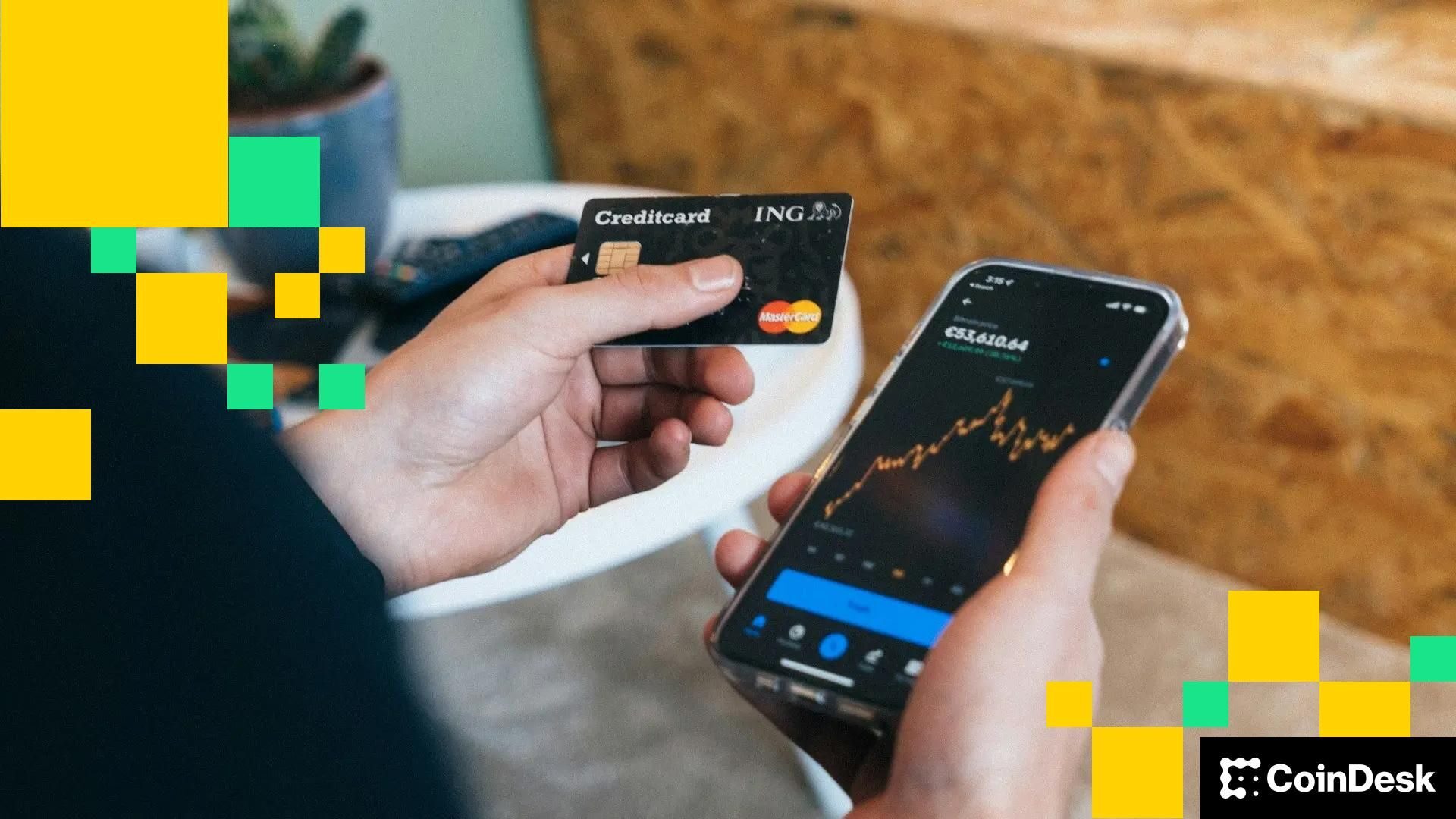Mastercard Picks Polygon to Bring Verified Usernames to Self-Custody Wallets
By Ian Allison, AI Boost|Edited by Jamie Crawley
Nov 18, 2025, 8:57 a.m.

- Mastercard will use Polygon to support verified username transfers for self-custody wallets
- Payment API firm Mercuryo will verify users and issue aliases tied to their onchain identity
- The system aims to reduce transfer errors and make crypto tools easier for mainstream users
Mastercard (MA) has chosen Polygon to power a new system that lets people send crypto to verified usernames instead of long wallet addresses, the companies said on Tuesday.
Mastercard Crypto Credential standardizes how blockchain addresses are verified by enabling human-readable aliases that correspond to a verified individual, the company said in a an emailed press release.
STORY CONTINUES BELOW
Mercuryo, a crypto payment API firm, will perform identity verification and issue the aliases, which users can then link to their self-custody wallets.
The approach, which mirrors how people send money through apps that use usernames instead of bank details, involves issuing users a unique name they can connect to their wallet. They can also request a token on Polygon that shows their wallet supports verified transfers and helps apps route credential-based transactions.
The long, complex nature of crypto wallet addresses can prove a barrier to entry for new users, which companies have attempted to tackle with more user-friendly options like QR codes or services that replace complex strings with simple, readable names or even phone numbers.
“By streamlining wallet addresses and adding meaningful verification, Mastercard Crypto Credential is building trust in digital token transfers,” said Raj Dhamodharan, Executive Vice President of Blockchain & Digital Assets at Mastercard. “Bringing Mercuryo and Polygon’s capabilities together with our infrastructure makes digital assets more accessible and reinforces Mastercard’s commitment to delivering secure, intuitive, and scalable blockchain experiences for consumers worldwide.”
Polygon’s network will process these transfers at speed and with low fees. Mastercard said the network can handle a high throughput capable of supporting real-world payments at scale.
AI Disclaimer: Parts of this article were generated with the assistance from AI tools and reviewed by our editorial team to ensure accuracy and adherence to our standards. For more information, see CoinDesk’s full AI Policy.
More For You
Nov 14, 2025

What to know:
- As of October 2025, GoPlus has generated $4.7M in total revenue across its product lines. The GoPlus App is the primary revenue driver, contributing $2.5M (approx. 53%), followed by the SafeToken Protocol at $1.7M.
- GoPlus Intelligence’s Token Security API averaged 717 million monthly calls year-to-date in 2025 , with a peak of nearly 1 billion calls in February 2025. Total blockchain-level requests, including transaction simulations, averaged an additional 350 million per month.
- Since its January 2025 launch , the $GPS token has registered over $5B in total spot volume and $10B in derivatives volume in 2025. Monthly spot volume peaked in March 2025 at over $1.1B , while derivatives volume peaked the same month at over $4B.
More For You
By Margaux Nijkerk|Edited by Aoyon Ashraf
12 hours ago

Launched in 2018, the platform had grown into one of the most prominent analytics hubs for on-chain activity.
What to know:
- DappRadar, a once widely-used platform for tracking decentralized applications, announced via its X account on Monday that it will be shutting down.
- Launched in 2018, the platform had grown into one of the most prominent analytics hubs for on-chain activity.
- The team shared that running the platform became “financially unsustainable in the current environment.”
-
Back to menu
Prices
-
Back to menu
-
Back to menu
Indices -
Back to menu
Research
-
Back to menu
Consensus 2026 -
Back to menu
Sponsored
-
Back to menu
Videos -
Back to menu
-
Back to menu
-
Back to menu
Webinars
Select Language












